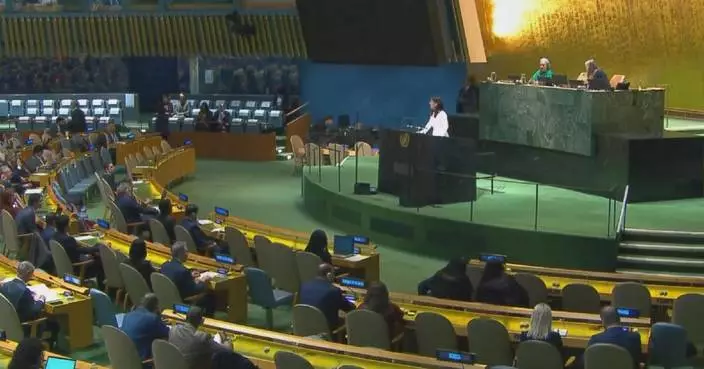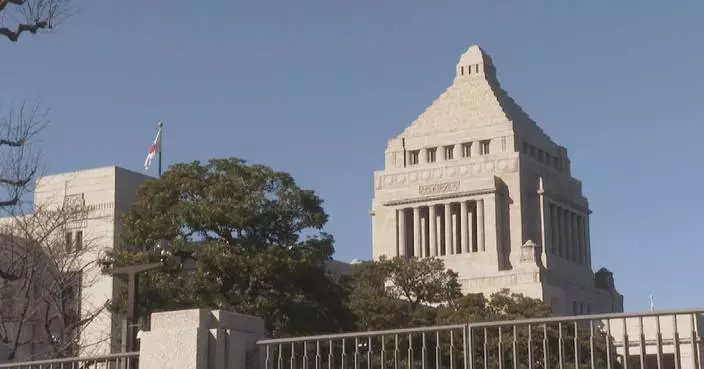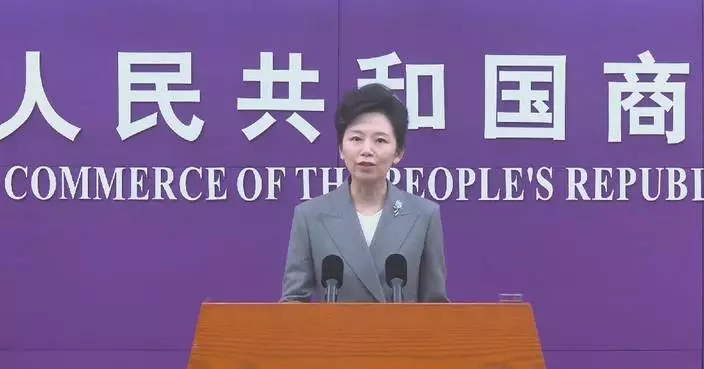World economic growth is projected to slow to 2.4 percent in 2025, down from 2.9 percent in 2024, due to heightened trade tensions and policy uncertainty, according to a mid-year update of the 2025 World Economic Situation and Prospects report of the United Nations, which was released on Thursday.
The latest global economy forecast is 0.4 percentage points below the January forecast.
Click to Gallery
UN forecasts global economic growth to slow to 2.4 pct in 2025
UN forecasts global economic growth to slow to 2.4 pct in 2025
UN forecasts global economic growth to slow to 2.4 pct in 2025
UN forecasts global economic growth to slow to 2.4 pct in 2025
The global economic outlook has deteriorated significantly since the January 2025 forecast. Sweeping United States tariff announcements and counter-announcements, along with heightened policy uncertainty have eroded global growth prospects, said the UN report.
In terms of international trade, global trade growth is projected to decline sharply from 3.3 percent in 2024 to 1.6 percent in 2025, said the report.
The economic slowdown and persistent weakness in global investment growth will drag down employment and wage growth, according to the report.
The report also emphasized that policy coordination and international cooperation are particularly crucial for stabilizing the global economy and promoting sustainable development as the current world economy is facing high uncertainty.
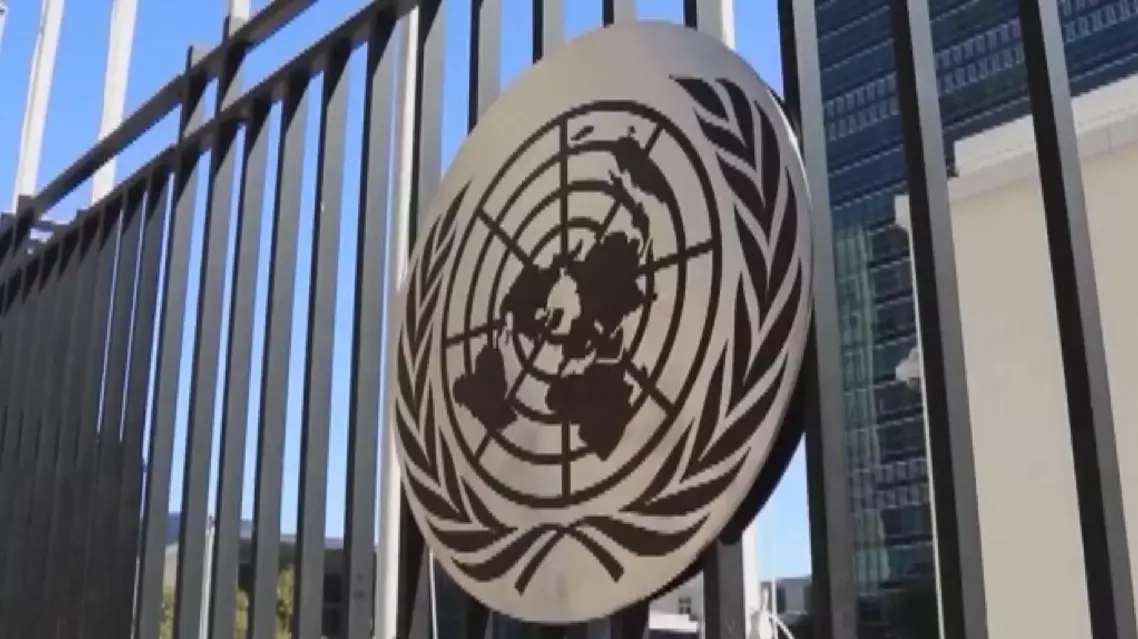
UN forecasts global economic growth to slow to 2.4 pct in 2025
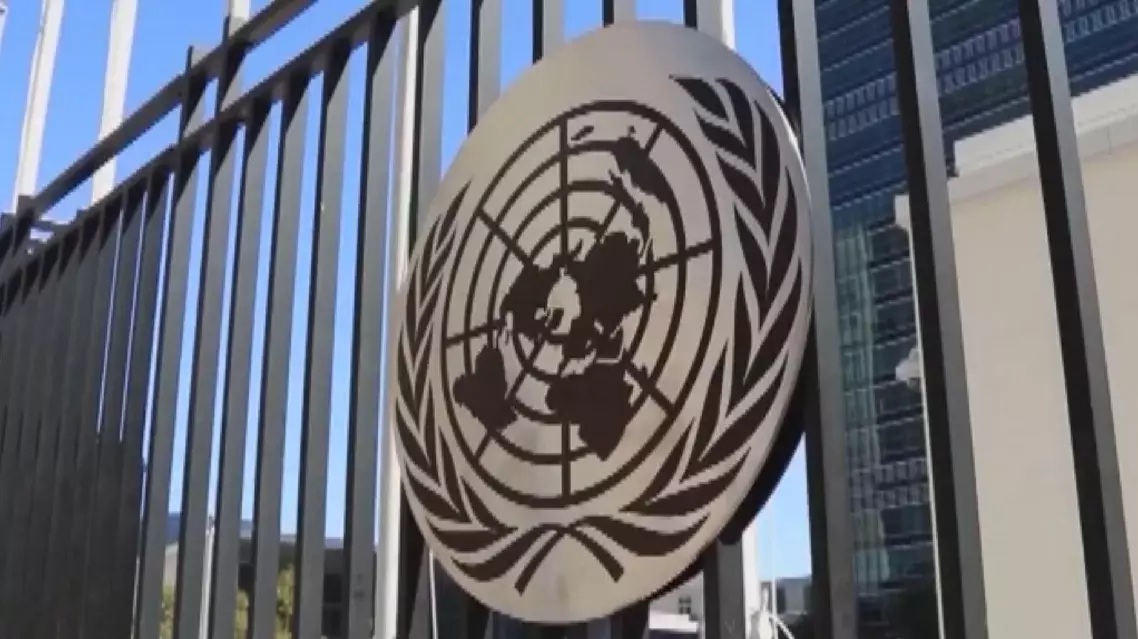
UN forecasts global economic growth to slow to 2.4 pct in 2025
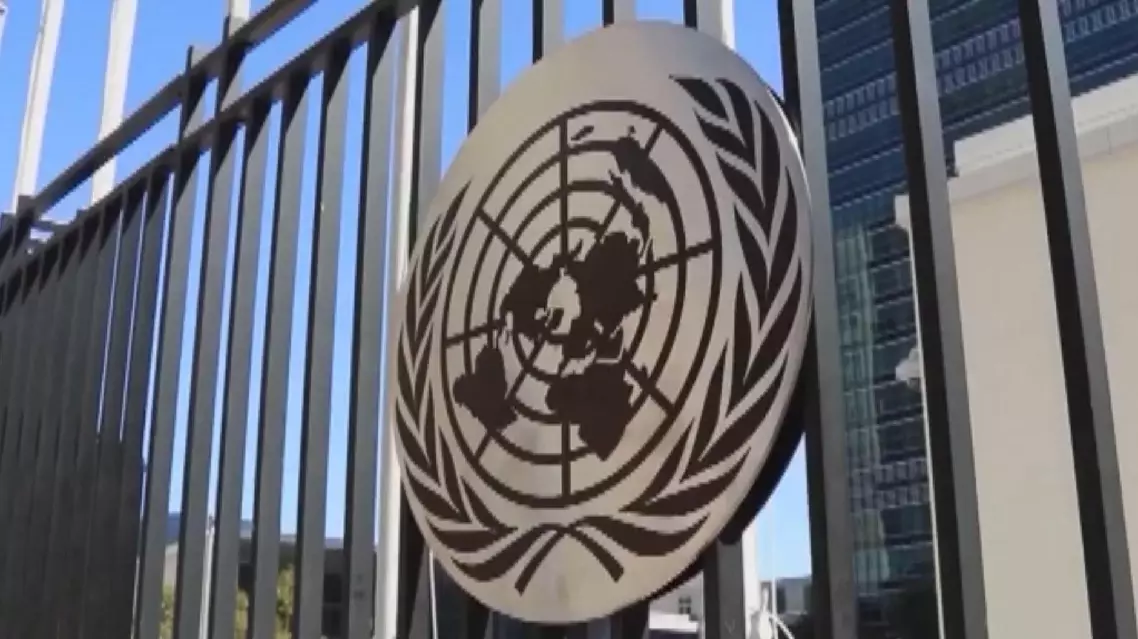
UN forecasts global economic growth to slow to 2.4 pct in 2025
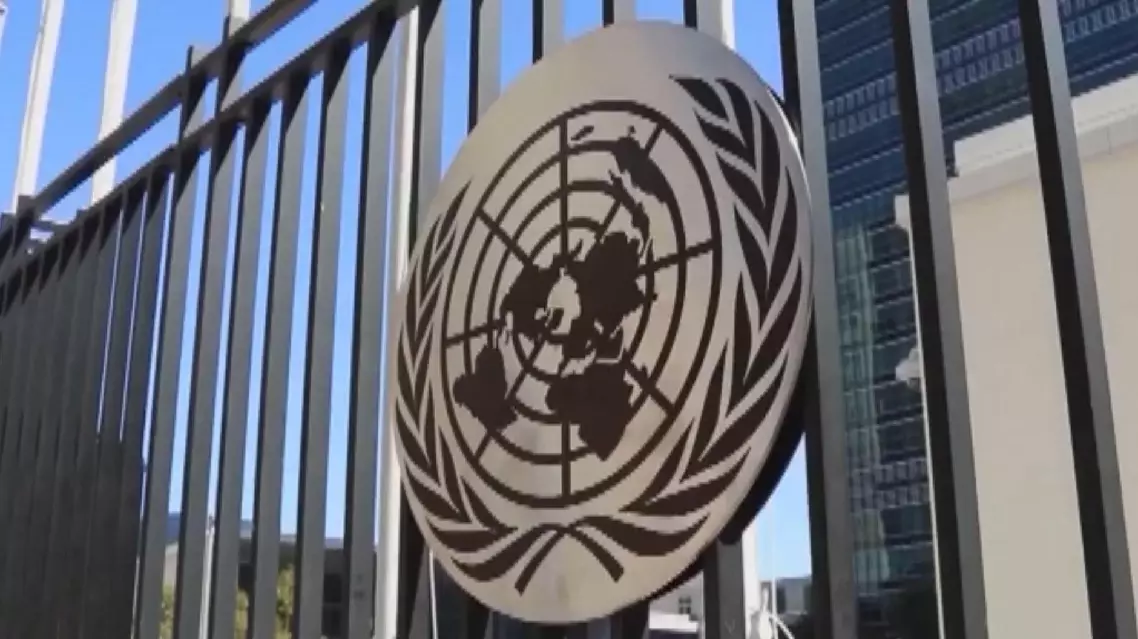
UN forecasts global economic growth to slow to 2.4 pct in 2025
China opposes the use or threat of force in international relations, opposes imposing one's own will on others, and opposes a return of the world to the "law of the jungle," Foreign Minister Wang Yi said during a phone conversation with Iranian Foreign Minister Seyed Abbas Araghchi on Thursday.
During the call, Araghchi briefed Wang on the latest developments in Iran, saying the recent unrest was incited by external forces and that the situation has now returned to stability.
Saying that Iran has made preparations to respond to external interference while keeping the door wide open to dialog, Araghchi expressed hope that China would play a greater role in promoting regional peace and stability.
Wang, also a member of the Political Bureau of the Communist Party of China Central Committee, said that China consistently upholds the purposes and principles of the UN Charter and international law, opposes the use or threat of force in international relations, opposes imposing one's own will on others, and opposes a return of the world to the "law of the jungle."
He said that the Chinese side believes the Iranian government and people will stay united, overcome difficulties, maintain national stability, and safeguard their legitimate rights and interests.
Wang also called on all parties to cherish peace, exercise restraint, and resolve differences through dialog, adding that China is willing to play a constructive role in this regard.

Chinese, Iranian FMs have phone conversation








